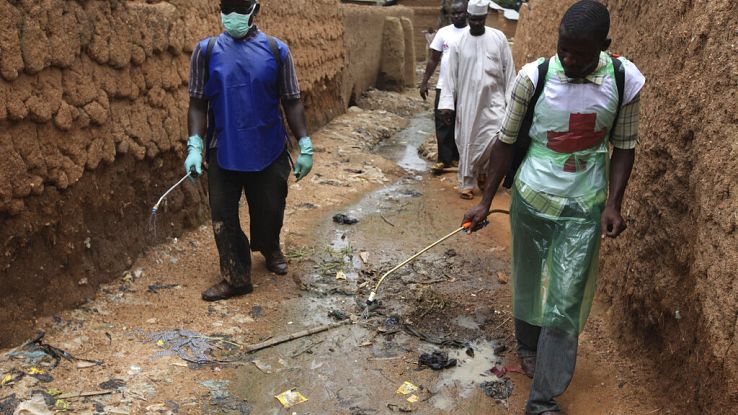The Nigerian government is currently grappling with a cholera outbreak that has swept through the West African nation. As authorities work tirelessly to contain the spread of this diarrheal disease, medical experts are urging residents to maintain proper hygiene when handling food and liquids.
Dr. Adewale Adeleye emphasized that thorough hand washing and safe food and water practices are crucial in preventing the spread of cholera. He advised citizens to heed all health advisories and take proactive measures, as the disease is highly transmissible.
“The cause of cholera is usually the contamination of food or water by the Vibrio cholerae bacteria. Ensuring safe water, environmental hygiene, and proper hand washing are key preventive measures,” explained Dr. Adeleye. He also stressed the importance of safe food handling and preparation.
While vaccines are available for those at high risk, Dr. Adeleye noted that mass immunization is not currently advisable for cholera. “These vaccines are typically meant for specific at-risk groups, and their immunity wanes after two to three years, requiring booster doses,” he said.
In Lagos, Nigeria’s commercial hub, authorities report progress in their efforts to combat the outbreak. Professor Akin Abayomi, the Lagos State Commissioner for Health, reassured residents that the situation is under control and encouraged them to continue their daily activities while adhering to recommended hygiene practices.
Jide Idris, head of the Nigeria Centre for Disease Control and Prevention, stated that the government is committed to minimizing the impact of cholera on citizens’ health. “Since June 2024, when we alerted the public, the federal government has been actively responding to the cholera outbreak,” he said.
As of July 15, the Nigeria Centre for Disease Control and Prevention reported over 3,600 suspected cholera cases and 103 deaths, with a case fatality rate of 2.8 percent. Cholera, an acute diarrheal disease caused by Vibrio cholerae, is primarily waterborne and linked to inadequate access to clean water and sanitation facilities. It is commonly transmitted through the ingestion of contaminated food or water, particularly affecting those in rural areas with poor hygiene practices and limited access to safe drinking water.




